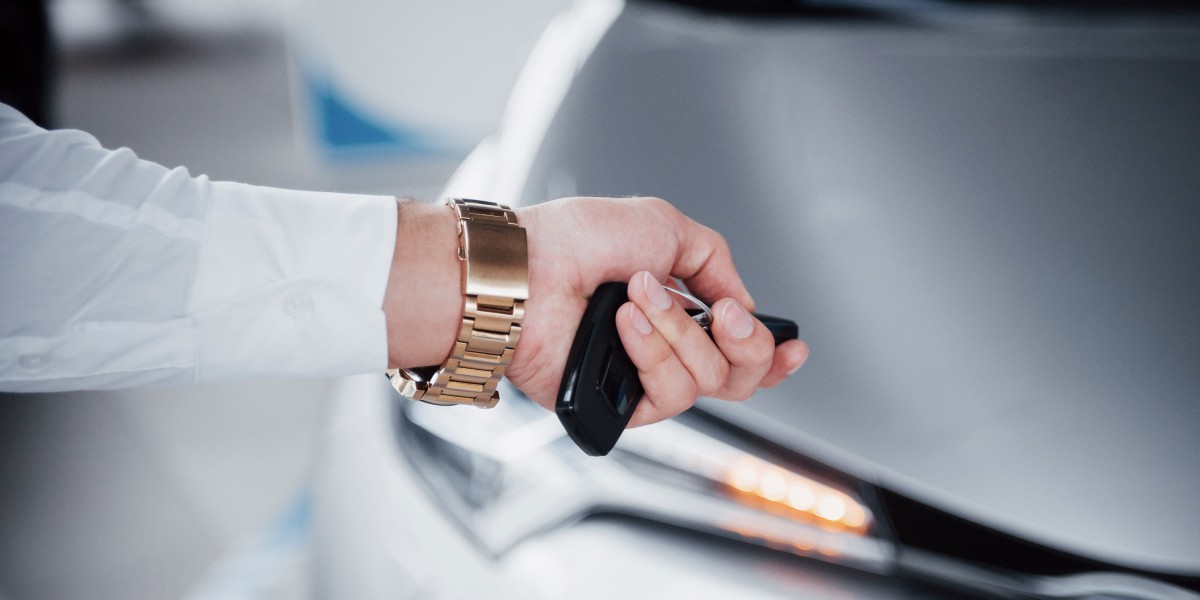Understanding Ignition Key Replacement: A Comprehensive Guide
In today's hectic world, where cars are an important part of life, losing or harming the ignition key can cause considerable hassle. Ignition key replacement is a process that numerous vehicle owners deal with at some time. This short article provides an extensive take a look at ignition key replacement, kinds of keys, the procedure included, and answers to frequently asked questions.
What is an Ignition Key?
An ignition key is a little metal object developed to run the ignition system of an automobile. It allows the chauffeur to begin the car's engine, and in many modern-day lorries, it also offers access to extra functions, such as locking and opening doors and activating security systems.
Kinds Of Ignition Keys
There are several kinds of ignition keys, each with unique functions and mechanisms. Comprehending these distinctions can help vehicle owners understand what to anticipate when replacing ignition keys.
1. Conventional Car Keys
Conventional keys are simple metal keys cut to fit a particular ignition cylinder. This type of key is the a lot of fundamental and is frequently found in older cars.

2. Transponder Keys
Modern cars often come equipped with transponder keys that have a little microchip embedded within them. This chip sends out a signal to the car's ignition system, ensuring that only the correct key can begin the engine. Transponder keys provide extra security however can be more pricey to replace.
3. Switchblade Keys
Switchblade keys are a hybrid of traditional and transponder keys. They feature a foldable design that retracts into the key fob. When needed, the key turns open, looking like a switchblade knife. This style is both compact and trendy.
4. Key Fobs and Smart Keys
These are the most advanced ignition keys. Key fobs normally consist of both ignition and remote control functions that enable the motorist to unlock doors and begin the engine without inserting a key (keyless entry and start). Smart keys utilize proximity sensing units to find the key fob within a particular variety, allowing push-button start performance.
The Ignition Key Replacement Process
Changing an ignition key can vary in intricacy depending upon the kind of key and the vehicle's make and model. However, the general procedure is laid out listed below:
Step-by-Step Guide to Ignition Key Replacement
Report the Lost Key: If the key is lost or stolen, it is vital to report it to local authorities and inform your insurance provider.
Gather Necessary Information: The vehicle owner need to gather all appropriate info, such as the make, model, year of the vehicle, and vehicle identification number (VIN).
Check out a Locksmith or Dealer: Choose in between a locksmith professional specialized in automotive keys or a car dealer. Each choice has advantages and disadvantages relating to cost and timing.
Provide Proof of Ownership: Regardless of who you approach for key replacement, be prepared to reveal proof of ownership, such as the vehicle title or registration.
Develop a New Key: Depending on the key type, the locksmith or dealer will cut a conventional key or program a transponder, key fob, or wise key.
Evaluate the New Key: Once the key is developed, it's important to test it to guarantee it works flawlessly with the vehicle's ignition system.
Possible Costs Involved
Below is a table highlighting the possible costs included in ignition key replacement based upon the kind of key:
| Type of Key | Typical Cost | Key Features |
|---|---|---|
| Traditional Key | ₤ 10 - ₤ 40 | Fundamental key, no transponder |
| Transponder Key | ₤ 50 - ₤ 150 | Microchip innovation for boosted security |
| Switchblade Key | ₤ 80 - ₤ 200 | Integrates standard key functions with design |
| Key Fob/Smart Key | ₤ 200 - ₤ 500+ | Advanced functionality with keyless entry |
Regularly Asked Questions (FAQs)
1. How long does it require to replace an ignition key?
The time required to replace an ignition key can vary, usually ranging from 10 minutes to an hour, depending upon the key type and the provider's abilities.
2. Can I replace a lost key myself?
While developing standard keys can sometimes be made with DIY packages, modern-day transponder and key fob systems generally require customized devices and programming, making it suggested to look for professional help.
3. What to do if I lose my key fob?
If you lose your key fob, it can often be reprogrammed for a charge by a locksmith professional or dealer, who can produce a new one to guarantee that no unauthorized celebrations can access your vehicle.
4. Will my insurance cover key replacement?
Lots of auto insurance policies supply protection for lost or stolen keys. It is suggested to evaluate your policy or contact your insurance provider to verify your protection information.
5. Are there precautions to prevent losing ignition keys?
- Keep spare keys in a safe and secure place.
- Use keychain organizers to lower the opportunity of misplacing them.
- Consider getting a Bluetooth tracker for your keys.
Ignition key replacement is an important aspect of vehicle maintenance that every Car key locksmith owner need to know. Comprehending the types of ignition keys, the replacement procedure, and associated costs can assist improve the experience. Being proactive about key management can considerably lessen the trouble and expense when faced with the possible loss or damage of an ignition key. Vehicle owners are encouraged to keep notified about their options to guarantee they are prepared ought to they ever discover themselves in need of an ignition key replacement.








